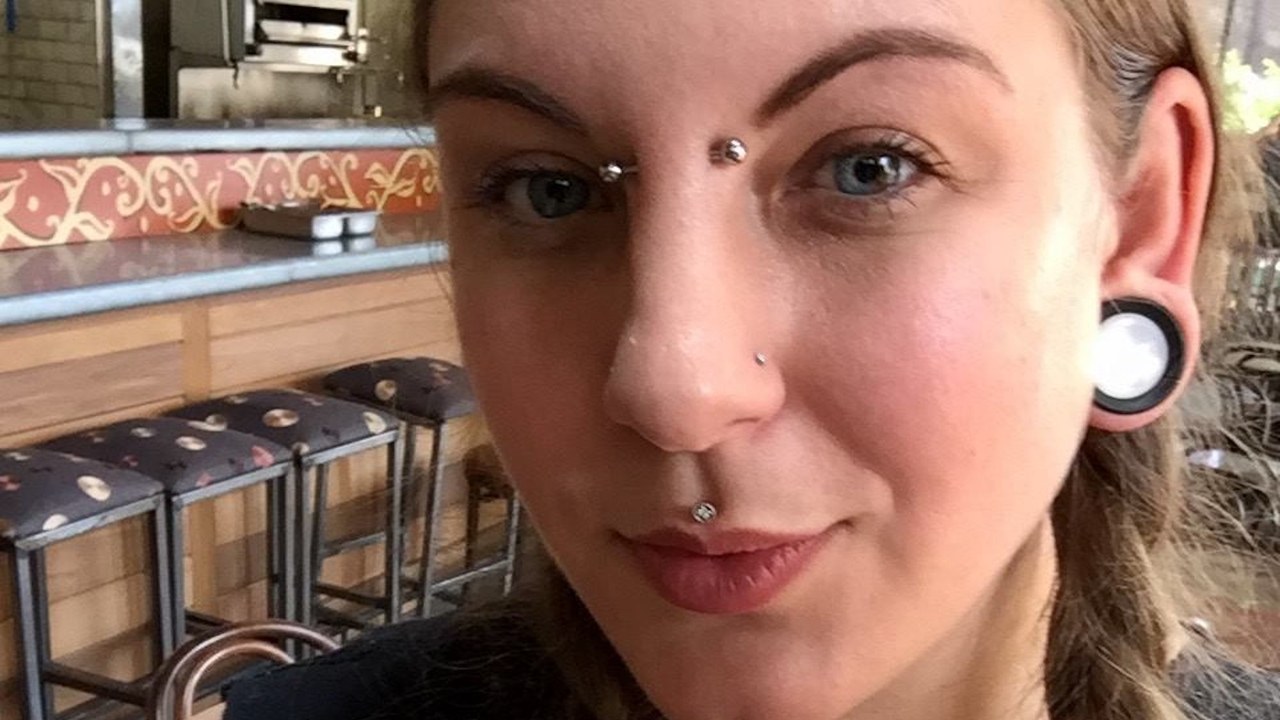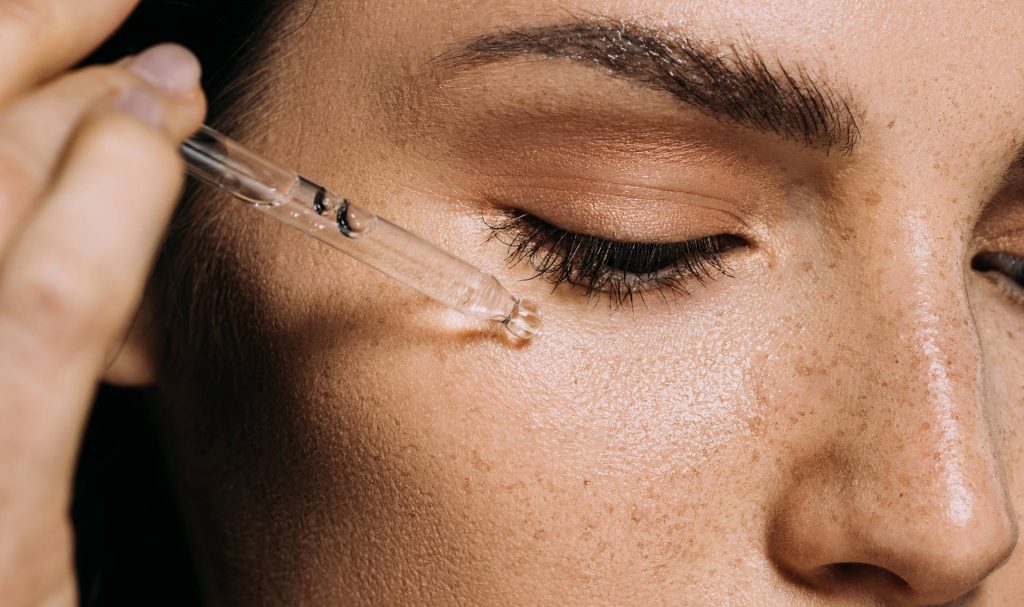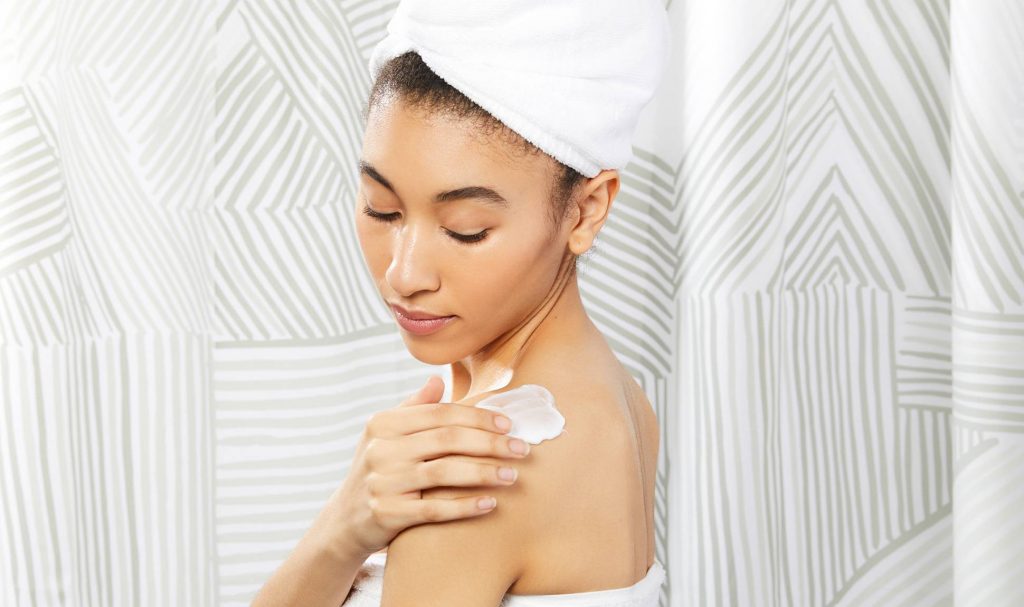When queer Black feminist icon Audre Lorde wrote, “Caring for myself is not self-indulgence, it is self-preservation, and that is an act of political warfare,” she wasn’t necessarily envisioning charcoal bubble baths or matcha smoothies. In the particular section of the book from which this quote is so often pulled, A Burst of Light: And Other Essays, Lorde was explaining the pressures she felt to overextend herself following her successful battle with cancer and articulating her resolve to “live whatever life [she had] as fully and as sweetly as possible,” something she considered to be a political decision. However, as Lorde showed us then, self-care can be a radical act, especially if the body and mind being cared for belongs to a marginalized person whose very existence is threatened.
Today’s self-care economy is more of an exercise in gendered late capitalist marketing than anything else, but there is something revolutionary in embracing the notion that you — yes, you, fellow worker — deserve to be cared for with love and intention, and that your worth as an individual extends far beyond what you produce during business hours. For some people, that looks like an indulgent skin-care regimen, a window garden, or a strict gym routine; for others, it’s quiet, comfortable time spent with loved ones, with a book, or just alone. Wage slavery demands we devote our waking hours to the pursuit of our daily bread, but it’s important to snatch what time we can to stop and smell the roses, too. As labor legend Big Bill Haywood once said, nothing’s too good for the working class.
Keeping your skin clear and your head on straight during stressful union bargaining and workplace negotiations is a prime example of this kind of anti-capitalist self-care. Facing down your boss is never a chill experience, and carries additional weight when you’re also advocating for other people. Though taking care of yourself during these sorts of difficult situations can often be the last thing on your mind, it’s important to pay attention to what your body needs.
During negotiations for my former workplace’s most recent union contract, our bargaining committee was regularly cooped up in a stuffy boardroom for hours (I think our record was 12, a paltry number compared to the Vox Union’s recent 29-hour marathon). I often found myself idly thinking, “I’m pretty sure my legs are going to fall off, or my head is going to explode, or both.” And, as a borderline skin-care obsessive, one of the other thoughts floating around my head during those fallow periods was, “How can I keep this from wreaking havoc on my skin?” While my team members and I were constrained by various forces in our quest for a fair contract, my skin-care routine was something over which I could exert some control.
It was a high-stress situation that was punctuated by periods of monotony and boredom. There were few breaks or opportunities to leave, since we had important work to do and were at the mercy of management’s schedule. The dry conference room air was somehow too hot and bracingly cold at the same time (we couldn’t decide whether the inhospitable temperature was an intimidation tactic, a sign of management’s disrespect, or just another example of how our office was perpetually falling apart).
Beyond the physical discomfort, it was also a huge mental burden; there was so much on the line both for us and the coworkers who’d entrusted us with the task of advocating for them and fighting to secure the best contract possible. We had to sit across the table from company executives and lawyers and swallow their bullshit, gritting our teeth and waiting until they’d left the room to let our true feelings known. During the back and forth, we had to let go of some of our most cherished proposals and see others still diminished, saddled with the knowledge of what could have been. We had triumphs to celebrate, too — especially once we finally hit upon an acceptable deal — but during those long, hard moments in between, the struggle felt more like a slog.
My reminiscing about this time on Twitter turned into a whole discussion thread, with organizers from various unions chiming in with their own self-care secrets. Anthony Pesce, a bargaining team member for the Los Angeles Times Guild, recommends using “a color corrector for the occasional lawyer-induced dark circle,” while another Los Angeles Times Guild organizer, Laura Nelson, shouted out Kiehl’s Midnight Recovery Oil (a spendy splurge with supernatural healing powers); as she said, “You may be staring at the ceiling, fuming about successorship, but [yo]ur skin is quietly healing itself.”
After we’d wrapped negotiations for the night, I would go home and soothe my face with various clay-based detoxifying masks and heavy-duty eye cream, and smooth on cold-pressed jojoba oil to heal my over-taxed skin while I slept. During daytime sessions, I stopped wearing makeup and relied on rosewater and a Mario Badescu Facial Spray with cucumber, aloe, and green tea to keep my skin hydrated. A quick spritz during a lull in the conversation woke me up and whipped my pores back into shape — it also turned into a tiny ritual with my team members. Many times we’d walk out of a bargaining session literally smelling like roses.
On the last day of bargaining, which stretched well into the midnight hours, I may or may not have snuck down for a quick nip of bourbon with some fellow team members. It steeled my nerves, and also felt rather appropriate, given whiskey’s own radical history. For those who can’t or don’t want to partake in alcohol, finding a way to share a cheeky little secret with the rest of your team can do wonders for morale, whether it’s ordering Taco Bell or sharing a 15-minute venting session.
During bargaining breaks, I also stretched my legs, chugged water, made cups upon cups of very sugary iced tea, and went for quick walks up and down the stairs — anything to keep my blood pumping while my mind was going a mile a minute digesting counter-proposals and legal precedents. Some people did pushups or wall sits; at one point, we all gathered around to watch a new Ariana Grande video together.
Making time to bond during a shared fight can be just as crucial as arguing over salary minimums or parental leave. Your union is only as strong as you make it, and during those late nights, as we laughed and debated and cared for one another, ours calcified into immutable stone. By the end of this process, we walked out with a strong union contract that raised the salary floor, mandated material changes to our workplace culture, and added increased protections for our marginalized coworkers — and, as a much less important but still added bonus, my skin looked fucking great.




